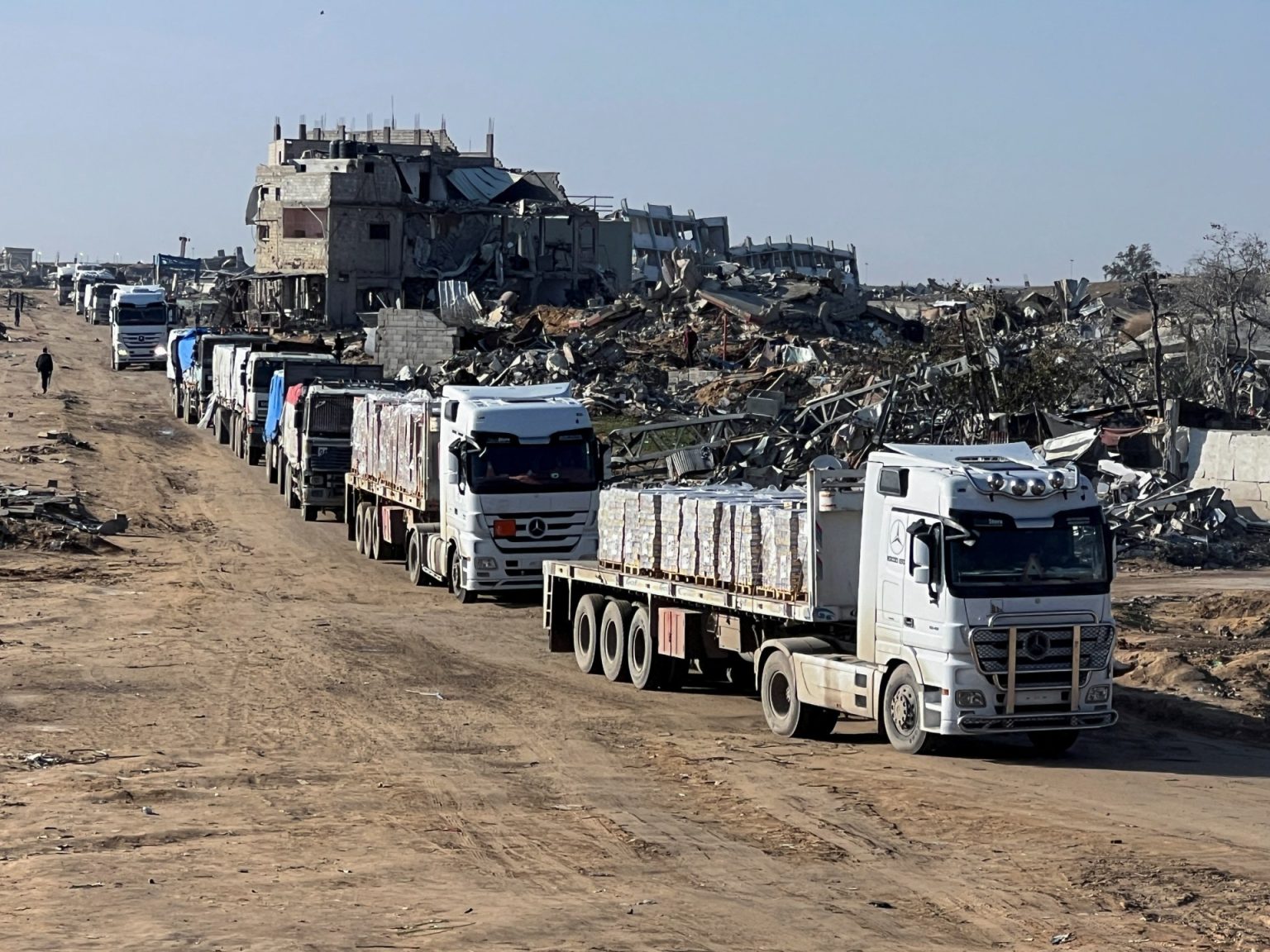The recent storms battering the Gaza Strip have dramatically worsened an already catastrophic humanitarian situation, leaving millions vulnerable and exposed. The combination of heavy rains, flooding, and cold temperatures is inflicting further suffering on the displaced population, highlighting the urgent need for increased aid and a lifting of restrictions on access to the region. This article will delve into the escalating Gaza humanitarian crisis, the impact of the weather, and the calls for immediate action from international organizations.
تفاقم الأوضاع الإنسانية في غزة بسبب الأحوال الجوية السيئة (Worsening Humanitarian Conditions in Gaza Due to Bad Weather)
The situation in Gaza has been dire for months, but the recent weather events have pushed the population to the brink. Initial reports from the United Nations indicate widespread devastation, with tens of thousands of tents housing internally displaced persons (IDPs) submerged by floodwaters. These tents represent the last refuge for many who have already lost their homes due to ongoing conflict. The grim reality is that for 1.5 million Palestinians now displaced within Gaza, the storms have erased even the minimal shelter they had.
According to the Government Media Office in Gaza, approximately 93% of tents are now uninhabitable – roughly 125,000 out of 135,000. This staggering figure underscores the absolute inadequacy of the existing shelters and the desperate need for more robust and sustainable solutions. The destruction isn’t limited to the current storms; over the past two years, countless tents have been directly damaged or destroyed by Israeli bombardment, and others have simply deteriorated under the harsh climate.
الأمم المتحدة تدعو إلى رفع القيود لتسهيل وصول المساعدات (UN Calls for Lifting Restrictions to Facilitate Aid Delivery)
UN officials have been increasingly vocal about the need for immediate action. Tom Fletcher, the UN Assistant Secretary-General for Humanitarian Affairs and Deputy Emergency Relief Coordinator, expressed his dismay on X (formerly Twitter), stating that Palestinians in Gaza are “soaked and cold” and facing growing frustration as floods destroy their meager belongings. He emphasized the urgent requirement to lift remaining restrictions to allow for a significant increase in humanitarian aid.
The UN and its partners are already working to provide assistance, distributing essential items like tents, plastic sheeting, and other relief supplies. However, as staff like Farhan Haq, Deputy Spokesman for the Secretary-General, have repeatedly pointed out, the scale of the need far exceeds the current capacity to respond. Mr. Haq announced a $18 million allocation from the UN’s Humanitarian Fund for the Occupied Palestinian Territory to support vital operations throughout Gaza, focusing on critical needs such as food, water, health, and shelter. This funding is a crucial step, yet represents only a fraction of what is required to address the Gaza humanitarian crisis.
تأثير الوضع الجوي على الاحتياجات الأساسية (Impact of Weather Conditions on Basic Needs)
The severe weather conditions are exacerbating existing issues related to basic necessities. Access to clean water is severely compromised by flooding, increasing the risk of waterborne diseases. Overcrowding in remaining shelters and the lack of sanitation facilities create further health hazards. The cold temperatures also pose a particularly acute threat to children, the elderly, and those already weakened by malnutrition and illness. The current situation is triggering a public health emergency within an already devastated region and the need for urgent medical supplies is growing.
الأضرار المادية والخسائر الاقتصادية الناجمة عن القصف والفيضانات (Material Damage and Economic Losses Caused by Bombardment and Flooding)
Beyond the immediate suffering, the floods are compounding the long-term economic consequences of the ongoing siege and conflict. Preliminary estimates suggest that 90% of Gaza’s civilian infrastructure has been damaged or destroyed during the past two years, representing losses of around $70 billion. The flooding further undermines any efforts towards reconstruction.
The deliberate blocking of alternative shelter solutions by Israel is particularly concerning, and a clear violation of the terms of the ceasefire agreement that came into effect on October 10th. Despite the cessation of widespread hostilities, the restrictions on aid and reconstruction materials persist, preventing a meaningful recovery for the affected population and continuing to fuel the Gaza humanitarian crisis. The ceasefire, intended to halt the “war of annihilation” that has already claimed over 69,000 Palestinian lives and wounded more than 170,000, is daily violated, resulting in continued casualties.
الحاجة إلى استجابة دولية عاجلة (The Need for an Urgent International Response)
The situation demands an immediate and robust international response. Beyond providing emergency aid – vital as it is – there is a critical need for sustained diplomatic pressure on Israel to lift all remaining restrictions on the entry of humanitarian assistance and reconstruction materials. Furthermore, the international community must prioritize long-term investment in Gaza’s infrastructure and economy to address the root causes of the suffering and build a resilient future. The focus must be on providing durable housing solutions, improving access to essential services, and creating opportunities for sustainable livelihoods. Failing to act decisively will only deepen the suffering and perpetuate the cycle of despair in the Gaza humanitarian situation. Ignoring the pleas for help, and failing to provide adequate support will lead to further loss of life.
The severity of the current situation necessitates continued monitoring and reporting, especially concerning the displacement crisis in Gaza and the needs of those affected. Sharing information and raising awareness are crucial steps in mobilizing support and holding those responsible for the deteriorating conditions accountable. Consider donating to reputable aid organizations working on the ground and contacting your elected representatives to advocate for a just and lasting resolution to the conflict and a commitment to the wellbeing of the people of Gaza.


